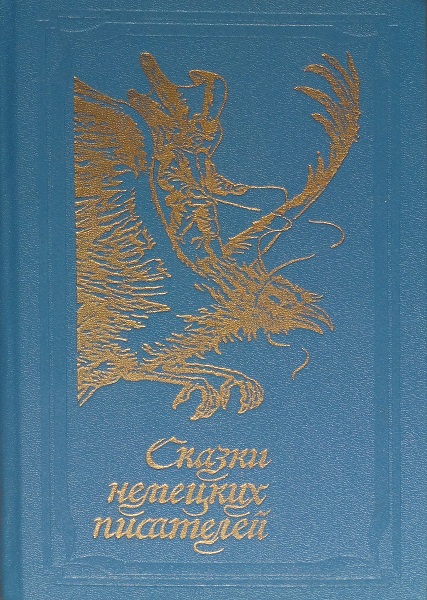Книга Автобиография Земли. 4,6 миллиарда лет захватывающей истории нашей планеты - Элизабет Эрвин-Бланкенхайм
На нашем литературном портале можно бесплатно читать книгу Автобиография Земли. 4,6 миллиарда лет захватывающей истории нашей планеты - Элизабет Эрвин-Бланкенхайм полная версия. Жанр: Книги / Разная литература. Онлайн библиотека дает возможность прочитать весь текст произведения на мобильном телефоне или десктопе даже без регистрации и СМС подтверждения на нашем сайте онлайн книг knizki.com.
Шрифт:
-
+
Интервал:
-
+
Закладка:
Сделать
Перейти на страницу:
Перейти на страницу:
Внимание!
Сайт сохраняет куки вашего браузера. Вы сможете в любой момент сделать закладку и продолжить прочтение книги «Автобиография Земли. 4,6 миллиарда лет захватывающей истории нашей планеты - Элизабет Эрвин-Бланкенхайм», после закрытия браузера.
Книги схожие с книгой «Автобиография Земли. 4,6 миллиарда лет захватывающей истории нашей планеты - Элизабет Эрвин-Бланкенхайм» от автора - Элизабет Эрвин-Бланкенхайм:
Комментарии и отзывы (0) к книге "Автобиография Земли. 4,6 миллиарда лет захватывающей истории нашей планеты - Элизабет Эрвин-Бланкенхайм"
























